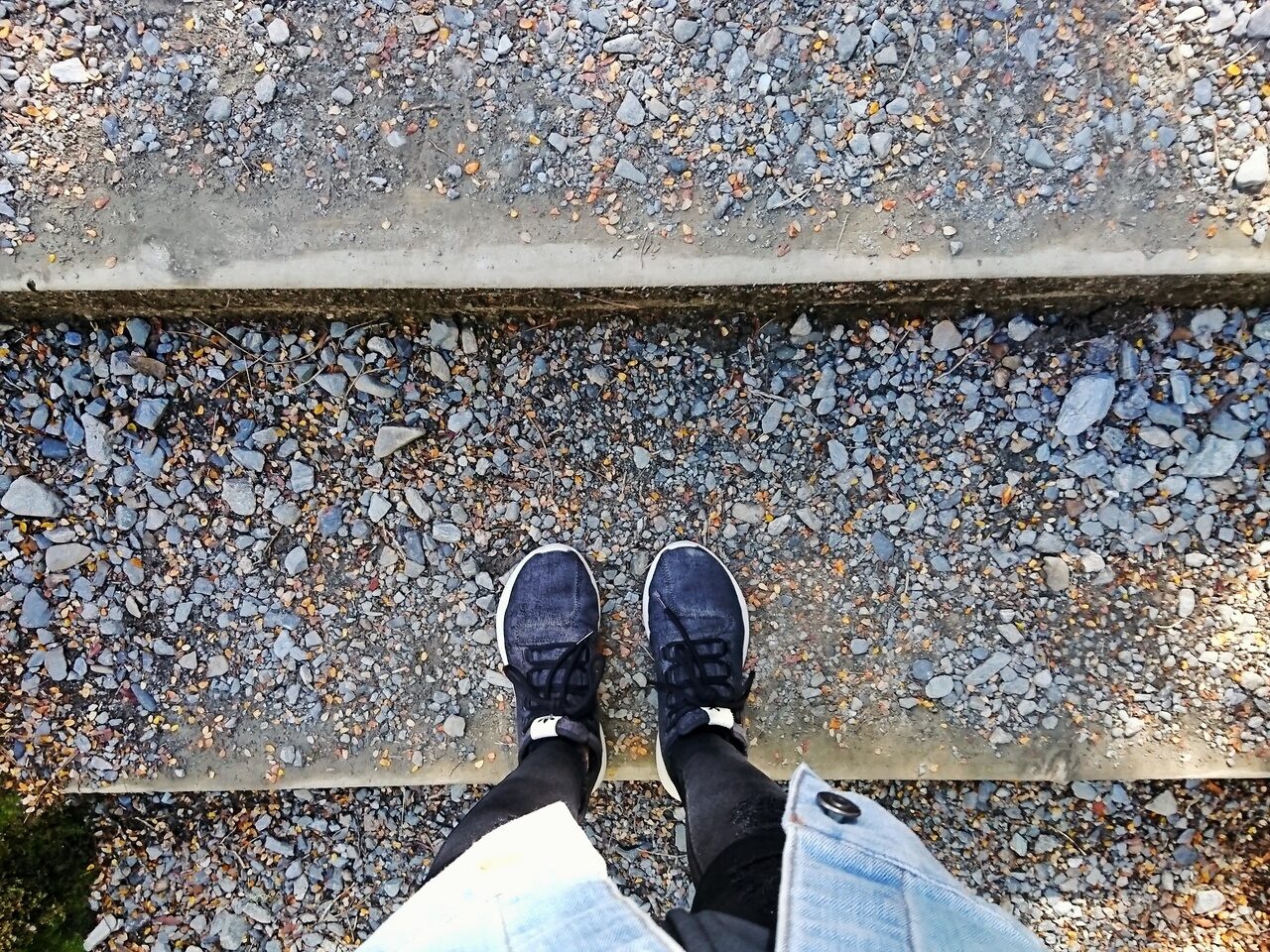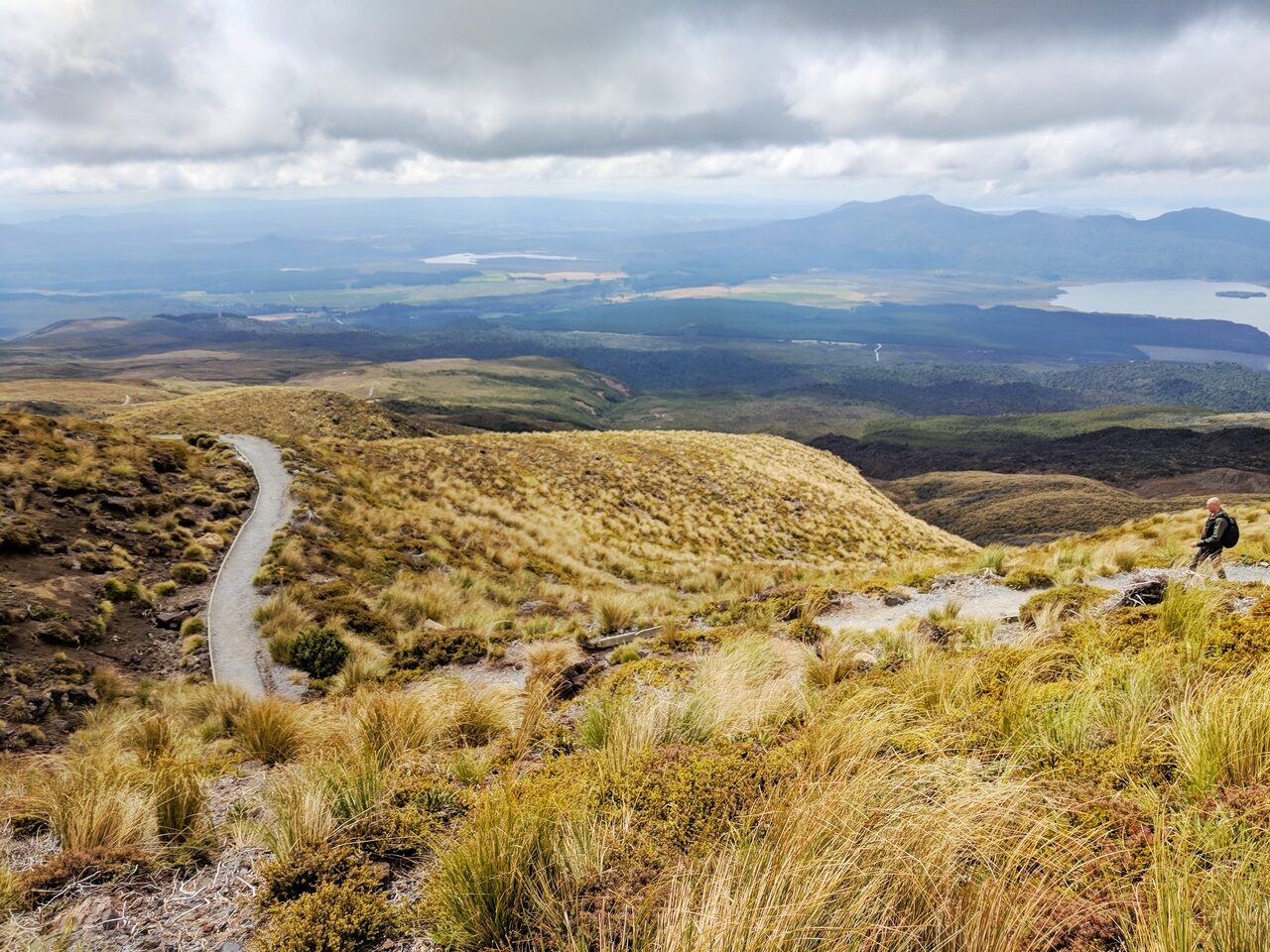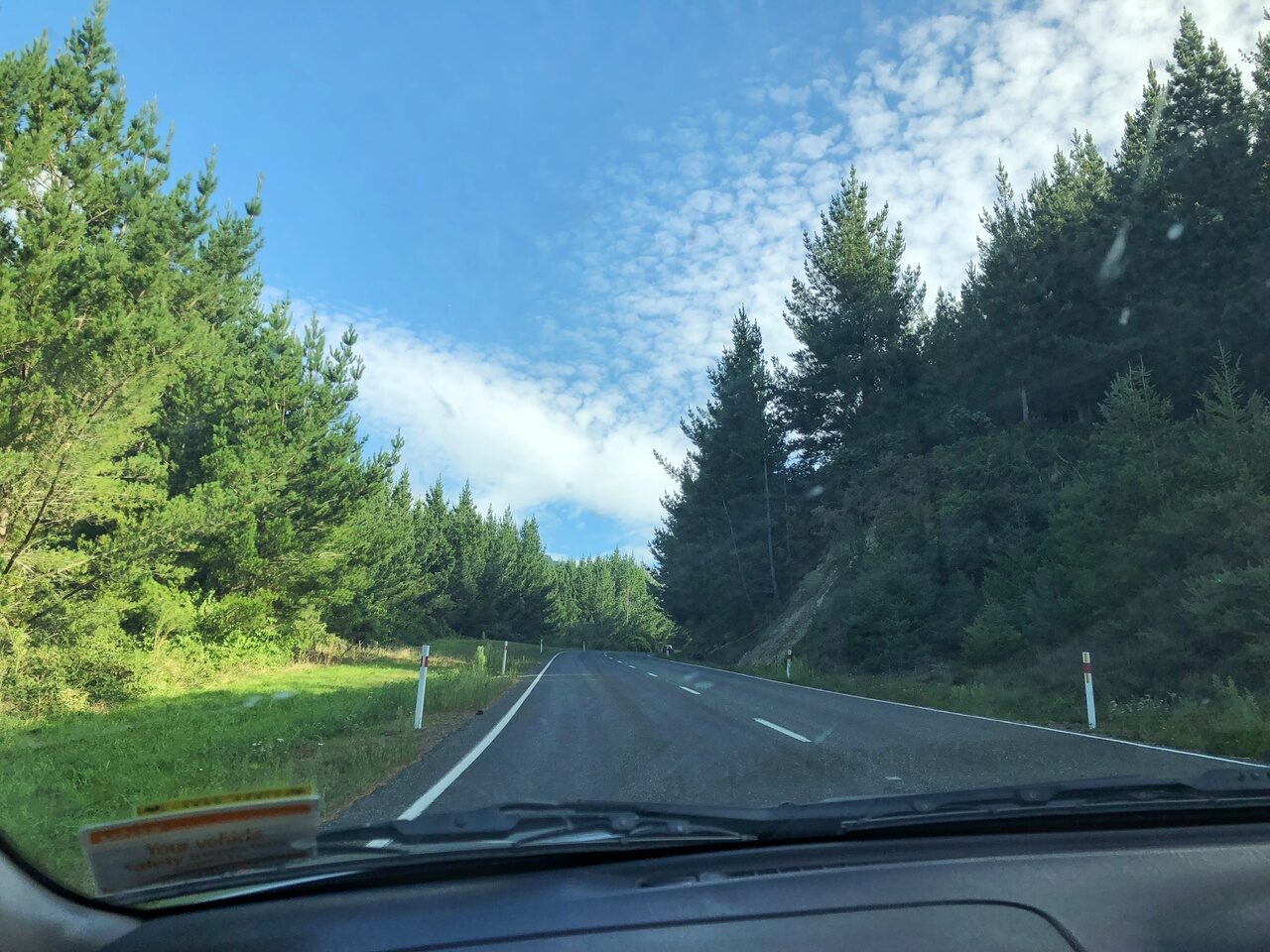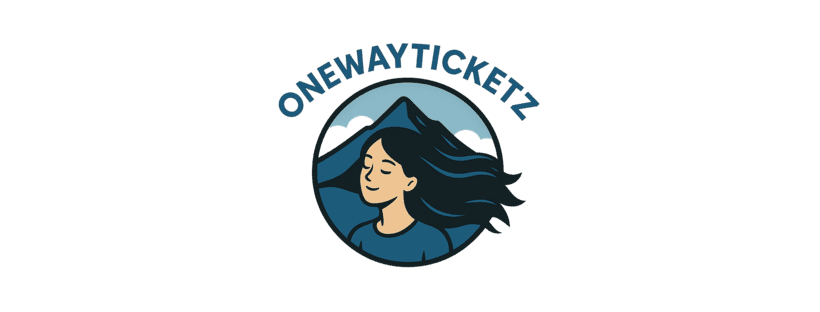Travelling is typically costly and is one of the main reason why most put off travelling. In this article, I’ll be sharing about the 5 things travelling taught me about finances. I’ve also shared my best 8 Tips to conquer your biggest headaches to travel: Money and Time in an e-book I’ve written earlier this year too. Feel free to get yours here if you haven’t! I’ve even included two Budgeting Templates in it that I use to budget for my travels and daily life. Hopefully that may be helpful for you!
Travelling has taught me how to better manage my finances, and so I want to share some of my tips here with you too.
1. Have enough savings

Travelling should be an option only after you have set aside enough for your emergency funds. At least that’s what I feel would give me a peace of mind to travel. I know I want to keep travelling, but at the same time, I know I can’t do it continuously if I don’t have the financial power to do so. I can’t keep travelling and burn a hole in my pocket at the end of the day. Also, it feels good to finish a trip and not feel like you need to start working the next day because your bank account is low on balance.
With that, I recommend to save at least 6 months of your monthly expenditure! I personally like to have more in my savings because I’m no risk-taker when it comes to things I can control.
2. Budgeting is important!
Budgeting for a trip is the best way to learn how to plan your finances. That’s because the motivation and reward of travel budgeting is the trip itself! You may not reap the rewards directly from your daily or monthly budgeting, but this is different. I’m quite certain you would also want to reduce your expenditure for a trip as much as you can too, so I guess I don’t need to say anything more.

As I budget for each of my trip, I follow a process from Tracking, Targeting to Trimming. It’s part of the skills I’ve learnt from Blaine Harris’s 4 Laws of Financial Prosperity. So, I start off by tracking all the different buckets of expenditure I’m expecting for a trip. It includes the typical must-incur costs for a trip such as flights, accommodation, insurance and internet charges. Then I target how much I’m willing to spend for each bucket and work towards booking these necessary costs as early as possible to save on costs.
I’ve included a Travelling Planning & Budgeting template as a resource in my e-Book too for your easy planning! These are skills that you can also apply to your daily life to improve your financial health, from tracking your daily expenditure and budgeting for big ticket items like a house, car, or even a new phone.
3. Insure yourself for the unexpected

Insurance is also a part of managing your finances. Travelling made me conscious of my likes and dislikes, my lifestyle, and taught me to be responsible for myself. What would happen to my family back home if something ever happens to me while travelling? Especially after a few near-misses during my working holiday in New Zealand, I developed that responsibility to take care of myself better. I do this not just for myself, but also for my parents who’ve spent three-quarters of their lives bringing me up. I don’t know about you but because family is my top priority in life, I feel this is something that should not be taken lightly.
Since I know I cannot give up on this adventurous and risk-taking side of me while travelling, I made the effort to get the right insurance that matches my lifestyle to give me a peace of mind and prepare for life’s worst case scenarios. You may or may not trust insurance, but I do, from experience. At least in the context of travel, it has saved me a lot of worries at least thrice during my trips. Since then, I always make it a point to buy travel insurance.
4. Make the right investments
Travelling also helped me to identify my right investments in life. I’m not here to talk about investing financially in stocks or bonds, but rather, something as simple as knowing what to spend on.

Buy things that you will use, things that are necessary, and not just spend as and when you like without any planning. Learn to differentiate between wants and necessities. You’ll thank yourself for not having to clear unwanted things from your room every quarter because of that habit. Especially after living off a luggage for six months in New Zealand, it made me learn that I actually don’t need much. However, take note that this does not mean you curb spending to the minimum and force yourself to follow a strict buying habit.
Plan for occassional indulgences. Go for a meal at a restaurant you’ve always wanted to try, spend a bit more on that night’s accommodation during your trip for a better experience! There’s unlimited things you can do to indulge in life, but just remember to do it in moderation.
5. Know your priorities
Travelling also taught me how to identify my priorities financially. As I plan my trips to maximise my time and budget during a trip, I naturally prioritise the places I want to visit in a location. I prioritise activities that are a must-do and give up on those that are optional. In the same context, time and money is limited in life. There’s so many countries out there waiting for me to explore but time and money is the limiting factor now. I spend one-third of my life at work, one-third sleeping, and the remaining one-third is when I have the freedom to design how I want it to be.

With that, I choose to spend my time and money on things that are most important and valuable to me. I made a decision to trim off unnecessary activities and people that did not add value to my life. In addition, I cut off spending on unnecessary things, like that extra piece of clothing that I won’t need. I plan what I want to achieve in life and work towards spending my time and money on things that contribute to the realisation of my goals. Having a clear direction in life is key to identifying your priorities. This book, Starting with Why by Simon Sinek, helped me on my journey in finding my direction in life. Hence, I would recommend this if you have yet to read it.
And again, I don’t mean to encourage you to live a planned and boring life. Embrace the unexpected turns in life when things don’t go according to plan. Be flexible and adapt to changes. Allow yourself to let your hair down when times get tough too, but remember to get back into action eventually.
That’s it!
With that, I hope you’ve learnt some things about how travelling can help you in your managing your finances!

